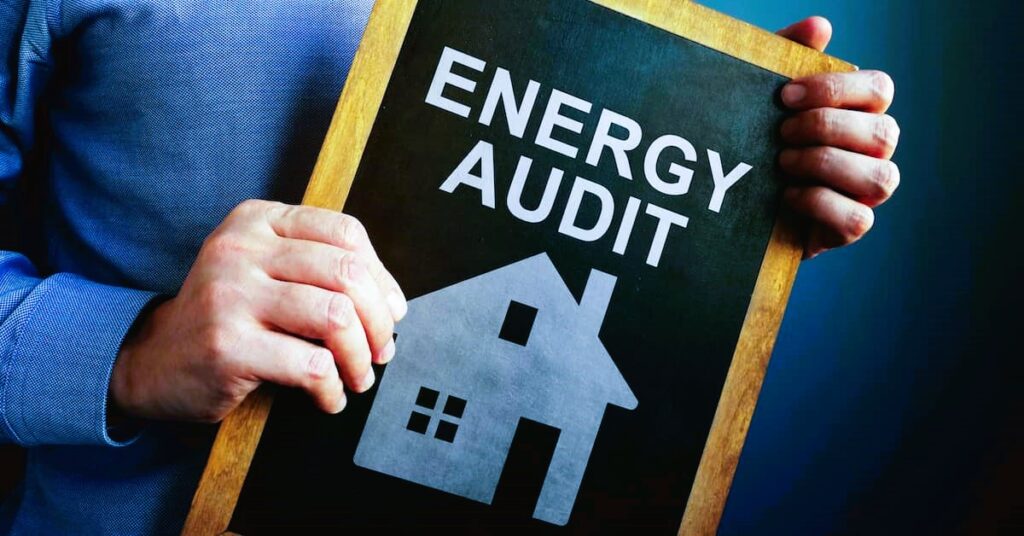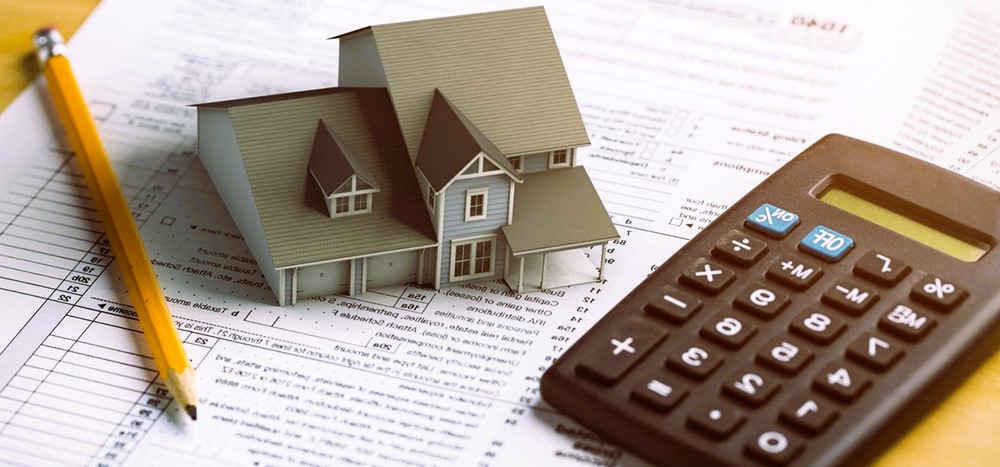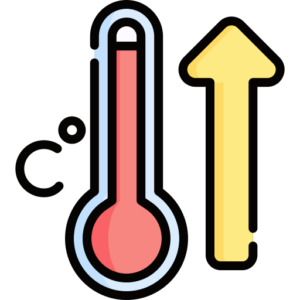Energy Audits: Assessing and Improving Home Efficiency
Energy efficiency is a critical concern in today’s world, as it not only helps reduce energy consumption but also lowers utility bills and contributes to environmental conservation. One of the key steps in achieving greater energy efficiency in residential properties is through the process of energy audits. Energy audits are comprehensive evaluations of a home’s energy usage, identifying areas where improvements can be made to save both energy and money. In this article, we will explore the importance of energy audits, how they work, and how they can lead to a more energy-efficient and cost-effective home.
Understanding the Basics of Energy Audits

An energy audit is a systematic examination of a building’s energy consumption, insulation, heating, cooling, appliances, and more. It aims to identify areas where energy is wasted or where improvements can be made to optimize energy use. These audits are conducted by energy experts or certified auditors who assess the home’s overall energy performance and provide homeowners with valuable insights into areas that require attention.
Energy audits are typically divided into three levels:
- Basic or Walk-Through Audit: This is the most basic form of energy audit and involves a visual inspection of the home. The auditor may check for drafts, insulation quality, and the condition of heating and cooling systems.
- Standard Audit: This level involves a more detailed inspection, often utilizing specialized equipment to measure air leakage and insulation effectiveness. It provides a more accurate assessment of a home’s energy efficiency.
- Comprehensive Audit: The comprehensive audit is the most in-depth examination. It includes a thorough inspection of all systems within the home, like the HVAC (heating, ventilation, and air conditioning) systems, appliances, lighting, and even energy bills. This audit often employs blower door tests to assess air leaks and thermal imaging to detect insulation problems.
The Benefits of Energy Audits
Energy audits offer numerous benefits to homeowners and the environment, including:
- Reduced Energy Costs: By identifying and rectifying areas of energy waste, homeowners can significantly reduce their energy bills. This not only saves money but also decreases the overall energy demand, contributing to sustainability.
- Enhanced Comfort: Fixing insulation and heating/cooling issues can lead to a more comfortable living environment. This means fewer drafts, more consistent temperatures, and a generally improved quality of life.
- Environmental Impact: Reduced energy consumption translates into lower greenhouse gas emissions, making energy audits a vital step in the fight against climate change.
- Increased Home Value: An energy-efficient home is more attractive to potential buyers and may command a higher resale value. Additionally, energy-efficient homes may be eligible for various incentives and rebates.
How Energy Audits Work

Energy auditors use a variety of tools and techniques to assess a home’s energy performance. These may include:
- Blower Door Test: This test measures the airtightness of a home. A blower door is installed in an exterior door frame, and a powerful fan depressurizes the home, revealing areas where air leaks.
- Thermal Imaging: Infrared cameras are used to identify temperature differences within the home, which can indicate insulation problems or leaks.
- Appliance Inspection: Auditors may evaluate the efficiency of appliances, lighting, and HVAC systems, providing recommendations for upgrades or replacements.
- Energy Bills Analysis: Reviewing past energy bills can help auditors identify trends and areas of high consumption.
- Duct Leakage Testing: Auditors can assess the efficiency of ductwork, looking for leaks that can waste energy.
In conclusion, energy audits play a pivotal role in identifying and improving home energy efficiency. They not only help homeowners save money but also contribute to a more sustainable and eco-friendly future. If you are interested in enhancing your home’s energy efficiency, consider scheduling an energy audit to identify areas of improvement and take the first step toward a more energy-efficient and cost-effective living space.
